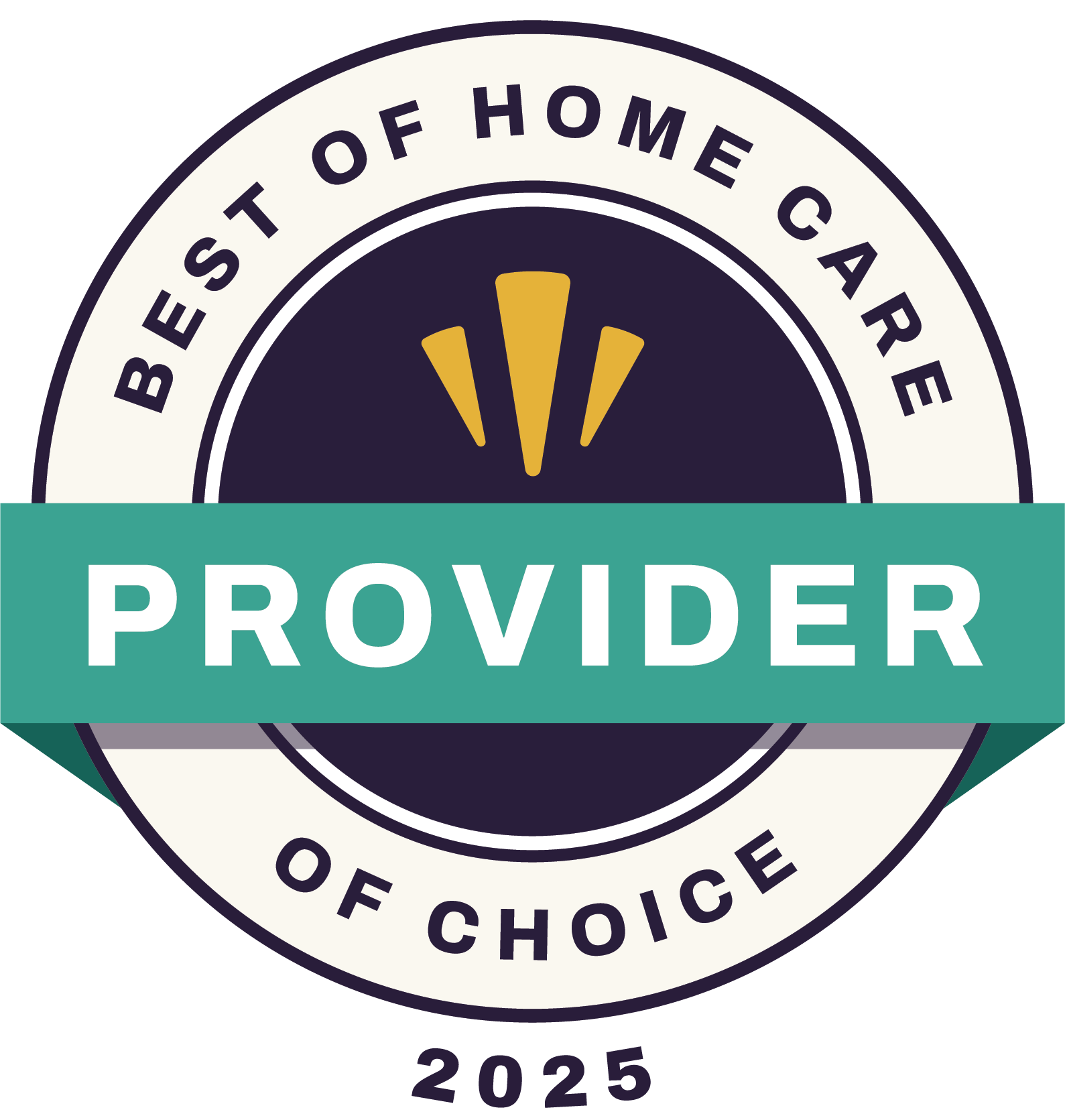11 Signs It's Time to Consider Getting Help with Elderly Care
According to the National Alliance of Caregiving and AARP, about 43.5 million people cared for a loved one during a 12 month period. More than 82% cared for one adult and 15% cared for 2 adults.
When you find yourself in the role of caretaker for a disabled person, life can seem overwhelming. Do you have any idea how to navigate the financial highway you have dropped on?
Don’t feel like you must do this alone. Help with elderly care is available for you.
When Should You Consider Help with Elderly Care?
One of the hardest decisions to make concerns your loved one needs help caring for themselves. No one wants to lose their independence.
Here are some signs to help you decide.
1. Problems Keeping Track of Time
The person may forget doctor’s appointments or social events. Confusion about time of day can affect eating and sleeping.
2. Unhealthy Diet and Weight Loss
You may find spoiled food left out or food long past its expiration date. It may be too difficult to travel to the store, walk through the store, carry in the groceries, and then cook. The individual may turn to something easy, like cereal.
3. Extreme Mood Changes and Swings
Individuals sometimes become angry or sad for no apparent reason. This can result from physical problems, medications, or cognitive decline.
4. Poor Hygiene
You may notice they do not shower or bathe as needed. Do you notice a strong body odor or smell of urine? Their hair may be uncombed, nails untrimmed, and teeth not brushed.
You may also notice that they wear the same clothes. Laundry piles up and clothes have stains.
5. Unexplained Bruises and Injuries
Have you noticed an increase in bruises, scratches, or cuts? This should raise a big red flag. Broken hips, head injuries, or broken ribs, to name a few, can result in many health problems in addition to the injury itself.
6. Difficulty with Walking or Balance
Does he/she have more difficulty getting out of chairs or sitting down? Is it hard to get on and off the toilet? Does the individual hold onto furniture or walls to maintain their balance?
Do stairs present an obstacle? Has the person rearranged their living environment to avoid using the stairs?
7. Uncertainty and Confusion with Previously Known Tasks
Trouble balancing the checkbook and paying the bills. Trouble operating kitchen utensils. Difficulty with problem-solving tasks that were previously not difficult.
Isolation from activities such as church or social groups occur. Often, the person is aware of their confusion which causes nervousness and anxiety.
8. Forgetfulness
Difficulty remembering where they parked the car. Forgetting to take prescribed medications or taking the wrong dose. Forgetting to eat or drink.
In advanced stages, the person may get lost, forget other people, even forget where they live.
9. Neglecting Household Responsibilities
Their house may stay dirty and cluttered. Mail is left unopened and bills not paid. Spills may go uncleaned, presenting a falling hazard.
10. Exhibiting Poor Judgement
They may fall victim to sales scams or make unexplained purchases. They may give away items or keep items that do not follow their normal life pattern.
You may find unexplained dents or scratches on their vehicle. This may signify unsafe driving.
The family members are often the ones who must make difficult decisions. They also must arrange for help and finances to pay for care.
Is It Time to Get Help with Elder Care?
Our program helps you navigate the financial, community resource, and physical management of caring for someone with disabilities. We help with elderly care by providing the needed care while remaining at home.
Explore our site today and learn safety tips, healthy nutrition, and the importance of routine. You do not have to do this alone.



